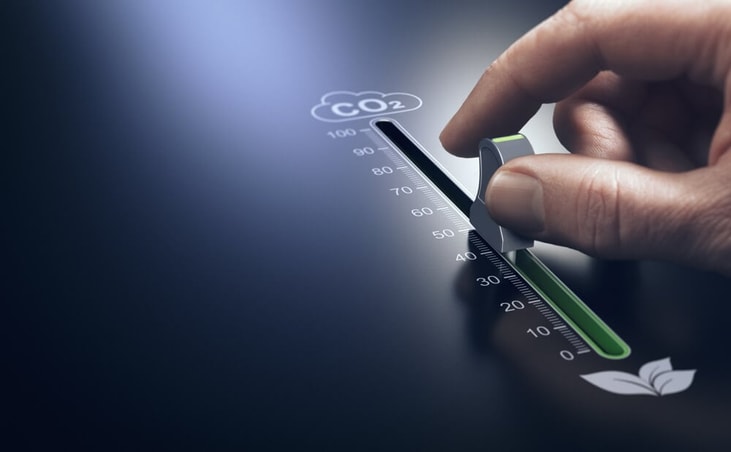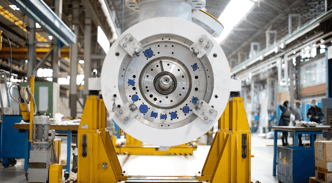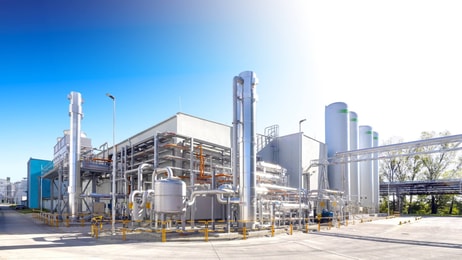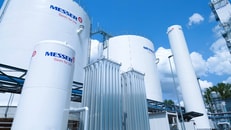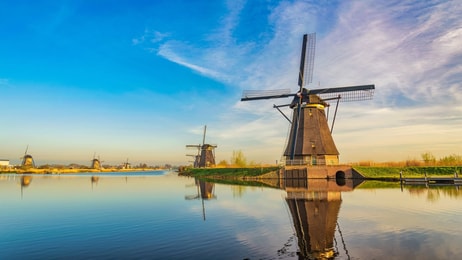CO2 purity monitoring in carbon capture projects
As the global push towards Net Zero emissions intensifies, carbon capture, utilisation and storage (CCUS) technologies have emerged as necessary tools for reducing industrial greenhouse gas emissions.
However, as more industries adopt these technologies, the need for precise carbon dioxide (CO2) purity monitoring becomes increasingly crucial. Thermo Fisher Scientific offers advanced solutions that ensure the integrity and effectiveness of carbon capture systems, particularly through the use of Fourier Transform Infrared Spectroscopy (FTIR).
During a showcase webinar held today, 20th August, Trevor Tilmann, Applications Engineer at Thermo Fisher Scientific, Environmental and Process Monitoring, highlighted the importance of monitoring CO2 purity in CCUS networks.
... to continue reading you must be subscribed

